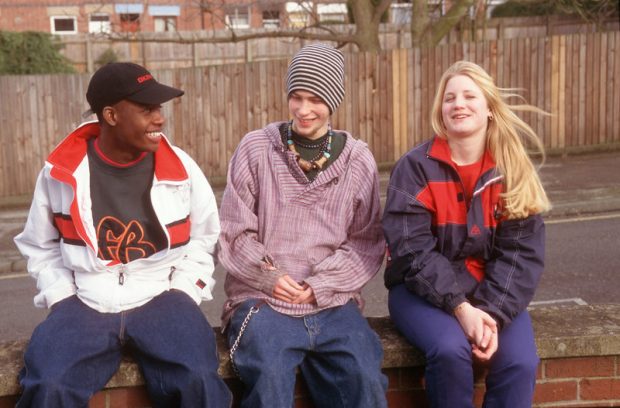
Yvette Stanley, our National Director for Regulation and Social Care, discusses new data on where children in children’s homes are educated.
Education is powerful. For every child, a good education unlocks access to a broader range of life choices and chances. But this is especially true for children who, due to difficult life experiences such as family breakdown, miss out on the opportunities and support enjoyed by their peers.
For children in care, a good education can be as essential to their development and happiness as getting the right place to live. When I was a Director of Children’s Services, one of my biggest frustrations came when we had secured the very best place to live, and yet we struggled to find a good local school to offer a place for that child. Many local authorities are working successfully to do this for their children in residential care. But that success is not, unfortunately, universal.
Today, we’ve published new analysis on where children in children’s homes are educated. At the time of our study, over 5,000 children were living in children’s homes. We know about the educational outcomes for these children. Research shows that children living in children’s homes tend to do less well than their peers. But little is known about where they are educated, or the quality of that education. Our findings, based on data for 2,600 of these children, shed some light on this.
Quality of education
Once a child enters care and if they need to move school, the goal of any local authority is to find an education setting that best meets the child’s needs. As statutory guidance directs, the local authority should also prioritise education that we at Ofsted have judged good or better. So, it’s striking that we found a slight gap overall between children in children’s homes and their peers not in care when it came to attending good or better schools. This was the case for children in most types of education, aside from 2 small groups of children (those in independent mainstream and primary schools).
In state-funded mainstream education, children in our sample were 3% less likely to attend good or outstanding secondary schools than their peers; 5% less likely to attend good or outstanding pupil referral units; and, for the small group of children in FES provision, 17% less likely.
We all want the best for children in care. Being in the right school has got be part of that. Local authorities should be looking for good or better schools, while taking into account all the other factors that are also important for children, such as maintaining links with family and friends, educational continuity, arrangements for travel and their ambitions and interests.
We know that barriers exist. Although looked after children should be prioritised through admissions criteria, there might not be space at a good or better school nearby. And it may be the case that children’s homes are in areas with fewer good or outstanding schools. We certainly know that children’s homes are not evenly spread across the country.
Similarly, children in children’s homes are more likely to have special educational needs and disabilities (SEND). Therefore, the process of consulting schools about meeting their specific needs is an extra hurdle. Yet, even among SEND provision, children living in children’s homes were between 3% and 5% less likely to be attending good or outstanding schools than their peers, whether in independent or state-funded special schools.
These are, of course, small numbers from a small sample. But it does raise the question: is enough being done to make sure that all of our most vulnerable children are getting a decent education alongside their care?

Ambitions for children in care
As corporate parents, the education, health, and care sectors are charged with doing their very best for the children in their collective care. It’s their job to make sure that children grow up safely and healthily; that they achieve well in school, and then move into adulthood as smoothly as possible. And for children with very complex health and care needs, we need to ensure a smooth transition between children’s and adult services.
That’s the ambition. Yet while there have been improvements over the span of my career, I think we’d all agree that there is much more to do. Getting the support, services and pathways right for all children in care, including those in residential care, with and without SEND, is crucial. This will no doubt be a focus for the government’s Care Review and, with a specific look at SEND, the SEND Review.
Every child needs someone in their corner speaking up for them. The same is no less true for looked after children. Care workers, social workers, virtual heads and independent reviewing officers should be advocating for children to access the schools that can best meet their needs, and for children to get the right support once there. Similarly, school leaders and teachers need to both welcome and have the highest ambitions for the children in care in their schools. These children will often need support in catching up and keeping up with their peers.
For our part, we will be monitoring the education picture for children in children’s homes. We aim to draw on a larger sample the next time we report. Through our local authority and children’s homes inspections, we’ll keep looking at how well children are helped to learn and achieve, wherever they are living. When this is not being given the precedence it deserves, we’ll say so. But we will give credit where it’s due to ambitious corporate parents, who strive to achieve the very best for their children.
Yvette Stanley is Ofsted's National Director for Regulation and Social Care. Follow Yvette on Twitter. Keep up to date with social care news at Ofsted by signing up for email alerts. You can also follow Ofsted on Twitter.